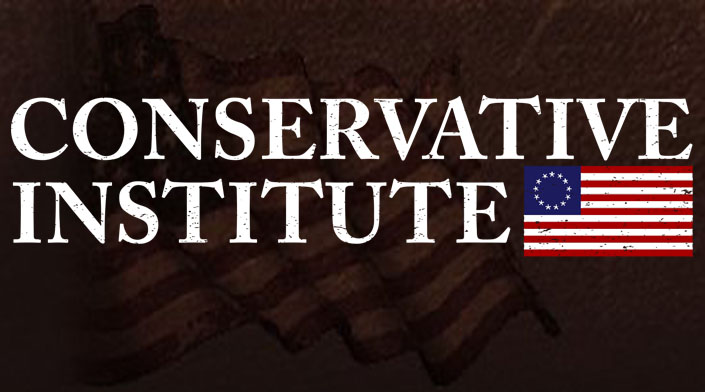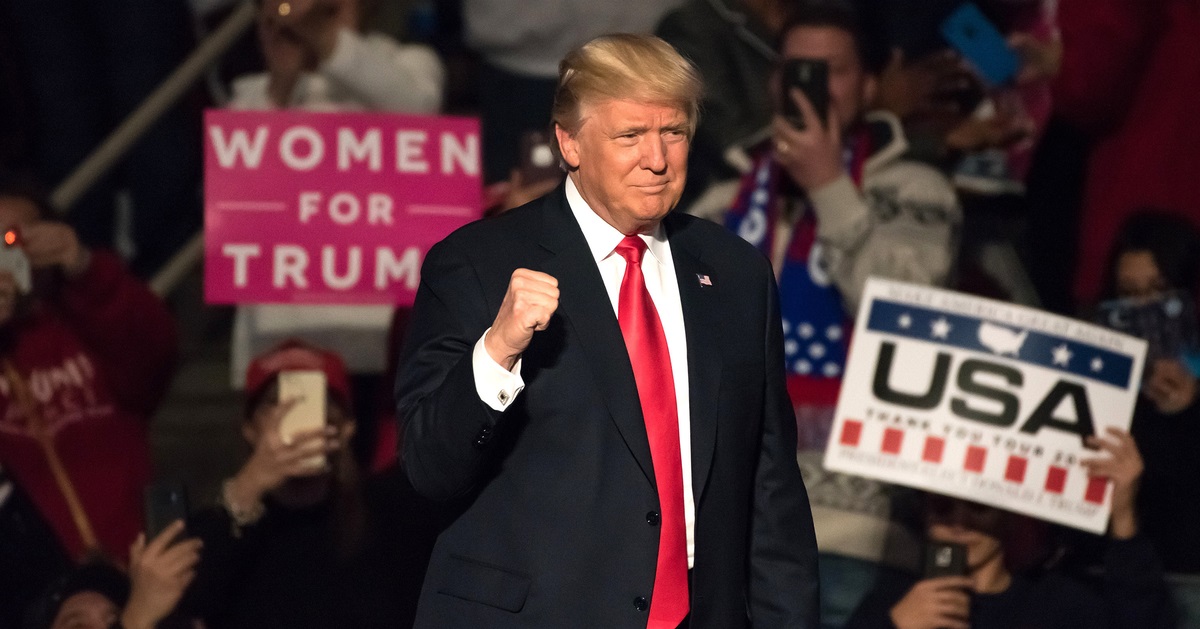Judge in Hunter Biden's impending tax trial rules he can't raise alleged causes of drug addiction as a defense
First son Hunter Biden's criminal trial on tax-related charges will soon begin in California and an outline of what those proceedings will and won't include has begun to take shape.
According to the presiding judge, Biden and his attorneys will not be allowed to argue that certain traumatic episodes in his past contributed to his drug addiction and alleged criminal acts, according to Newsweek.
Specifically, the judge barred Biden from raising the 1972 car accident that killed his mother and sister or his brother Beau's cancer death in 2015 as defensible reasons for why he failed to properly file and pay his taxes for several years.
Biden can't discuss alleged causes of his drug addiction
Hunter Biden's attorneys have indicated that they intend to use his admitted drug addiction as a defense against his tax-related criminal charges, and while the presiding judge agreed to allow that defense, he drew the line at also including the supposed causes of that addiction as evidence.
In a 28-page order on Tuesday, U.S. District Judge Mark Scarsi addressed numerous pending motions ahead of the impending trial, including one that dealt with the alleged causes of Biden's drug addiction during the relevant time frame.
"The fact that Mr. Biden was intoxicated or had an addiction during the timeframe charged in the Indictment is relevant to his defense. But Mr. Biden has not advanced an argument as to why the underlying causes of the addiction are relevant," Scarsi wrote.
"Mr. Biden does not identify any reason why the underlying causes of Mr. Biden’s addiction have 'any tendency to make a fact more or less probable' or are 'of consequence in determining the action,' he continued. "As such, evidence of the causes of Mr. Biden’s addiction is irrelevant, and neither party may elicit such evidence or refer to any alleged causes of Mr. Biden’s addiction in the opening statements."
"As two specifically alleged causes for Mr. Biden’s professed addiction arose during the argument, the Court briefly addresses them," the judge added to avoid any confusion.
"Counsel for Mr. Biden apparently intends to argue that a tragic car accident in 1972 was the cause for Mr. Biden’s addiction from 2015 through 2019. For the reasons expressed elsewhere in this Order, the Court excludes this argument and any reference to the 1972 accident," Scarsi wrote. "Counsel for Mr. Biden also intends to argue that the death of Mr. Biden’s brother caused Mr. Biden’s addiction. Again, the Court precludes this argument."
Other outstanding motions ruled on
According to Law & Crime, the remainder of Judge Scarsi's order was a mixed bag of wins and losses and reserved decisions on various pre-trial motions filed by Hunter Biden's attorneys and Special Counsel David Weiss.
In what were clearly wins for the federal prosecutors, the judge barred testimony from Biden's drug addiction "expert" and limited the expected testimony of Biden's tax law expert. The judge also placed off-limits more than a half-dozen planned defense arguments, including a reliance on the advice of counsel argument. He further barred discussion of potential penalties and sentences, that Biden's delinquent taxes were eventually paid, and that he'd been previously discharged from the U.S. Navy for his illicit drug use.
Finally, Scarsi reserved judgment on whether evidence of Biden's expenditures on an "extravagant" lifestyle while not paying his taxes could be discussed, and limited the prosecution from raising allegations about violations of the Foreign Agents Registration Act when discussing Biden's business deals with foreign individuals and entities.
Given the fact that the trial was expected to last upwards of a month, the judge cautioned, "Compliance with trial orders will ensure the efficient resolution of trial proceedings, whereas noncompliance could risk a mistrial or otherwise result in a dramatic waste of time and resources. For these reasons, the Court will strictly enforce this and other orders governing the parties' trial conduct."
"Violation of these orders will result in sanctions, including but not limited to significant monetary sanctions and administration of an adverse instruction that negative inferences may be taken as to any arguments or evidence presented to the jury in violation of a court order," he added.




